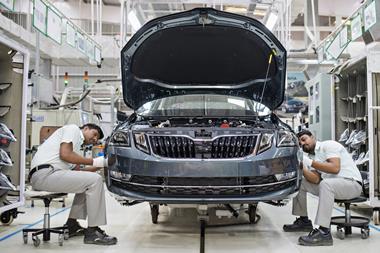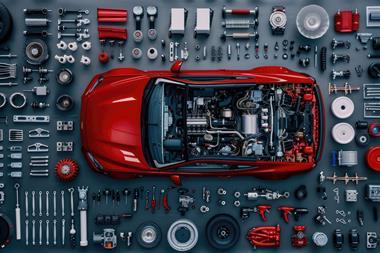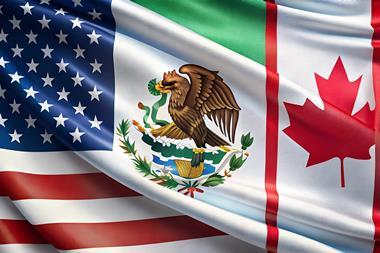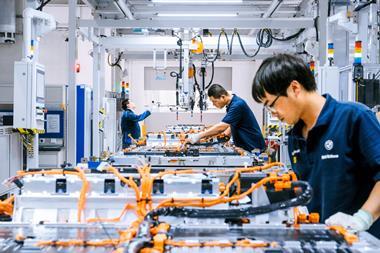 While China’s Sichuan Tengzhong and GM have signed a memorandum of understanding as to the estimated $200 million deal to buy Hummer, the Chinese government appears to be rightly wary over the proposed purchase. After all, a failed car company is just that; a company that, given the best opportunity to succeed, still falls short of remaining a viable enterprise.
While China’s Sichuan Tengzhong and GM have signed a memorandum of understanding as to the estimated $200 million deal to buy Hummer, the Chinese government appears to be rightly wary over the proposed purchase. After all, a failed car company is just that; a company that, given the best opportunity to succeed, still falls short of remaining a viable enterprise.
By refusing to underwrite Tengzhong’s purchase, forcing the company to use private financing, the Chinese government made it patently clear that it regards Western carmakers covered in red ink as a bad investment risk. Yet such scepticism may be misplaced. There is no denying the Chinese love of big cars - the success of Buick in China comes immediately to mind - and should Tengzhong arrange a deal by which it can move Hummer production to China, then it will be able to take advantage of lower overheads, reduced wage bills and a competitive part manufacturing market.
The case has precedent. When Nanjing Auto purchased British carmaker MG Rover in 2005 for a reported $104 million, the company soon buckled under the inability to remotely manage its new foreign asset. Merging with SAIC, the new owner neatly side-stepped the UK manufacturing bullet by proceeding to crate up and ship out Rover’s most valuable assets, the result of which was the Rover 75-based Roewe.
In the same way that Rover was moved to China, will the mooted purchase of Opel by Canada’s Magna and Russia’s OAO Sberbank, each assuming 27.5% of the proposed 55% portion, inevitably result in the carmaker’s operations being moved out of Europe?
While any agreement ratified by Berlin will undoubtedly include clauses outlining how long each of the current Opel plants must remain open, intended investment, etc., once these have expired, even five or ten years down the road, the question should really be why wouldn’t Opel’s owners move at least some production into Russian territory.
By the time any such agreements expire, the new owner would be left in no doubt as to which of the current sites were and were not pulling their weight. Shipping cars into Russia is expensive; import taxes (based on engine size) start at 30% of the customs value. Leaving the profitable Opel plants to supply the EU and moving everything else to Russia would, in addition to gaining the same benefits as moving Hummer production to China, also allow the company to cheaply supply a local market with far more potential than its European counterpart.
So should Opel workers be worried about long-term job stability? If there’s profit in the business, probably not. But if GM was already having doubts about awarding your plant a new model contract, there could be a storm looming just over the horizon.


































